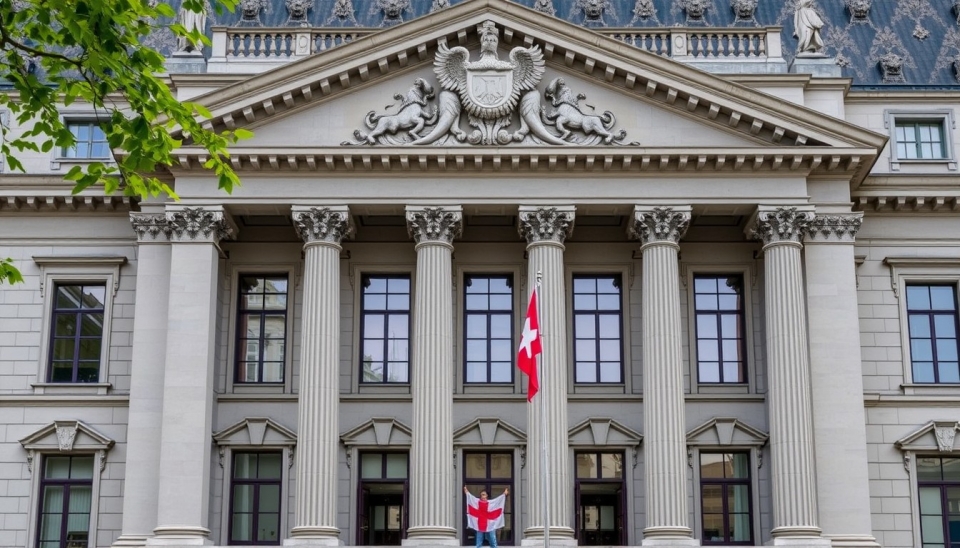
Federal Reserve Creates Policy Space in Global Economy
The Federal Reserve of the United States (Fed) is opening new opportunities for monetary policy both domestically and internationally. The latest Fed meeting concluded with interest rates remaining unchanged, providing central banks in other countries with greater maneuvering space. This decision was made against the backdrop of increasing global instability and economic uncertainty.
Continue reading
The Swiss National Bank Should Distribute Profits Directly to Citizens, Study Says
According to recent data, the Swiss National Bank (SNB) should start distributing its profits directly to citizens, as proposed by a new study. This suggestion aims to help reduce social inequality and support the economic stability of the country. The research argues that this step could improve the standard of living in Switzerland, particularly for those living on the edge of poverty.
Continue reading
Israel Cuts Growth Forecast Due to Gaza Conflict
The Israeli Ministry of Finance has released a new economic growth forecast, revising it in light of the ongoing events related to the conflict in Gaza. According to the updated data, economic growth for the coming year is expected to be significantly lower than previously projected. The primary factors contributing to this drop include economic upheaval caused by military actions, which have led to decreased consumer activity and a slowdown in investments from both domestic and international businesses.
Continue reading
Bank of Thailand Ready to Adjust Policy for Stability
The Bank of Thailand has announced its readiness to revise its monetary policy in response to current economic challenges and to maintain financial stability in the country. The governor of the bank, N_ready Poudhawath, emphasized that a key task is to control inflation and sustain confidence in financial markets despite global economic fluctuations.
Continue reading
Striking Finale for the Bank of Japan: Governor Haruki Ueda Under Scrutiny After Market Turmoil
In recent days, Japan’s financial markets have faced significant fluctuations, raising numerous questions about the central bank’s strategy. The Governor of the Bank of Japan (BoJ), Haruki Ueda, now finds himself in the spotlight, as his actions and decisions have come under intense criticism amid market disruptions. This became particularly pressing following a recent announcement about the potential shift in monetary policy, which led to sharp spikes in currency exchange rates and bond yields.
Continue reading